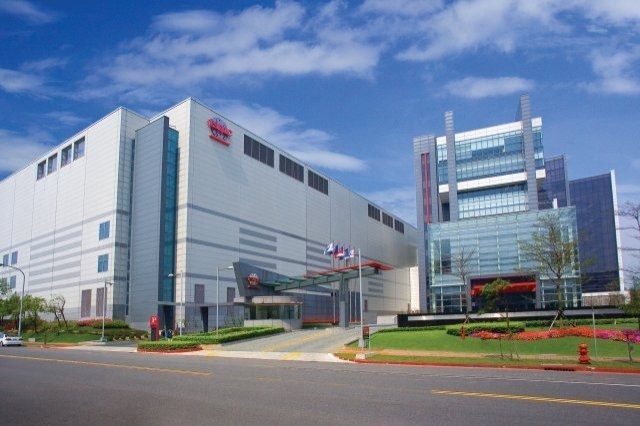The damage to Apple chip supplier TSMC from a Feb. 6 earthquake was reportedly more severe than estimated, and will indeed result in fewer wafers shipping to clients during the March quarter.
The setback will be more than 1 percent, though the company didn't quantify by how much, DigiTimes said on Monday. While machines in TSMC's Fab 6 and Fab 14B buildings have already been restored, the damage to Fab 14 was worse than thought.
In the immediate aftermath of the quake, TSMC claimed that shipments would fall less than 1 percent. The company suggested, in fact, that it would be able to make up for any losses.
In human terms, the disaster killed at least five people in Taiwan, and injured 144 more. Some 220 people had to be rescued from damaged buildings.
TSMC splits the responsibility of making A9 processors for Apple devices (like the iPhone 6s) with Samsung, taking a secondary role. It is however rumored to be assuming full control of "A10" production for devices like the next-generation "iPhone 7," shipping later this year. If so the company will likely need maximum output to keep up with demand — Apple regularly ships tens of millions of iPhones in a single quarter.
 Roger Fingas
Roger Fingas








 Brian Patterson
Brian Patterson
 Charles Martin
Charles Martin


 Malcolm Owen
Malcolm Owen
 William Gallagher
William Gallagher
 Christine McKee
Christine McKee
 Marko Zivkovic
Marko Zivkovic









24 Comments
Samsung will use this as a proof-point in negotiations with Apple: "You need to continue dual-sourcing CPUs to reduce the risk of your sole supplier's production interruptions jeopardizing your own revenue stream." And that's true.
Oh boy, the tech blogosphere will light up over this one. Apple is Doomed™
TSMC needs to build backup Fabs outside of Taiwan in part of Europe or USA. TSMC don't want to give Samsung or anyone opportunity to come-in take away current or future business. I am sure this will not affect iPhone 7, 10nm A10 production which is several months away.
I still don't believe the single-source rumour. Even without the earthquake, it's doubtful that TSMC had the kind of capacity Apple needs for an iPhone launch.
Time will tell (but Tim won't).
If it's not one thing, it's another. Apple can't win no matter how big the profits.